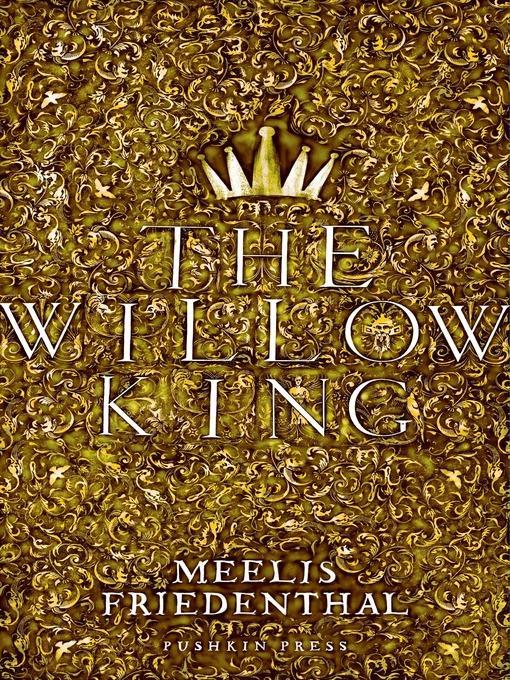
The Willow King
کتاب های مرتبط
- اطلاعات
- نقد و بررسی
- دیدگاه کاربران
نقد و بررسی

July 1, 2017
Estonian writer Friedenthal's novel, winner of the 2013 EU Prize for Literature and his first to be translated into English, chronicles the rainy misadventures of Laurentius Hylas, a scholar in 17th-century Estonia.Laurentius has received a stipend from the Swedish government to study in Dorpat in the dominion of Estonia. He'd faced scandals in Leiden, Holland, where he last studied, and it was necessary for him to move on after he indulged in "careless talk" on the controversial religious issue of Pietism. The novel is primarily a study of a character afflicted by what was identified circa 1700 as melancholy. Today Laurentius might find himself treated for chronic depression or bipolar disease. Perhaps Laurentius' melancholia is related to the glum Estonian backdrop; it's a northern clime aggravated by the chills of the Little Ice Age, as illustrated by the constant cold and rain and amplified by rampant starvation among the peasantry. What back story is offered regarding Laurentius, other than his problems at Leiden, includes hints he might have been banished by his parents after he accused several people of witchcraft. Laurentius arrives in Estonia with a rose-ringed parakeet named Clodia, his companion of 10 years, its presence "soothing his melancholy" and keeping "his humours balanced," but the bird dies almost immediately, unhinging Laurentius further. In a narrative spanning only a few days, Laurentius accomplishes little other than his dance of autumn melancholy, aggravated by his inability to eat, his sensing of the constant presence of a foul odor, and an ill-conceived bloodletting. Add multiple references to philosophical esoterica related to Aristotle, Pliny the Elder, and Descartes, and there arrives a dense, slow-moving, singularly focused narrative illustrating that objective medical science, now as then sometimes constrained by religious prejudices, has outgrown its own superstitions and philosophical inconsistencies while still being plagued by a religious mindset. Erudite and literary.
COPYRIGHT(2017) Kirkus Reviews, ALL RIGHTS RESERVED.

























دیدگاه کاربران